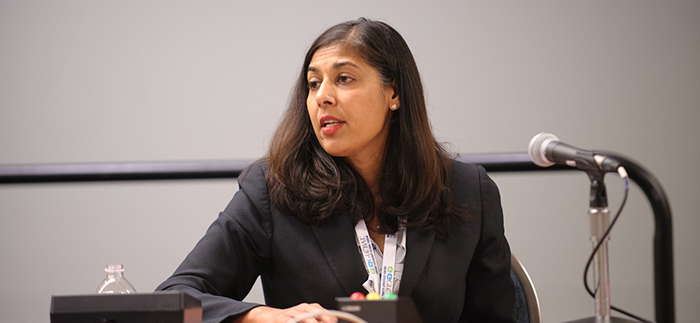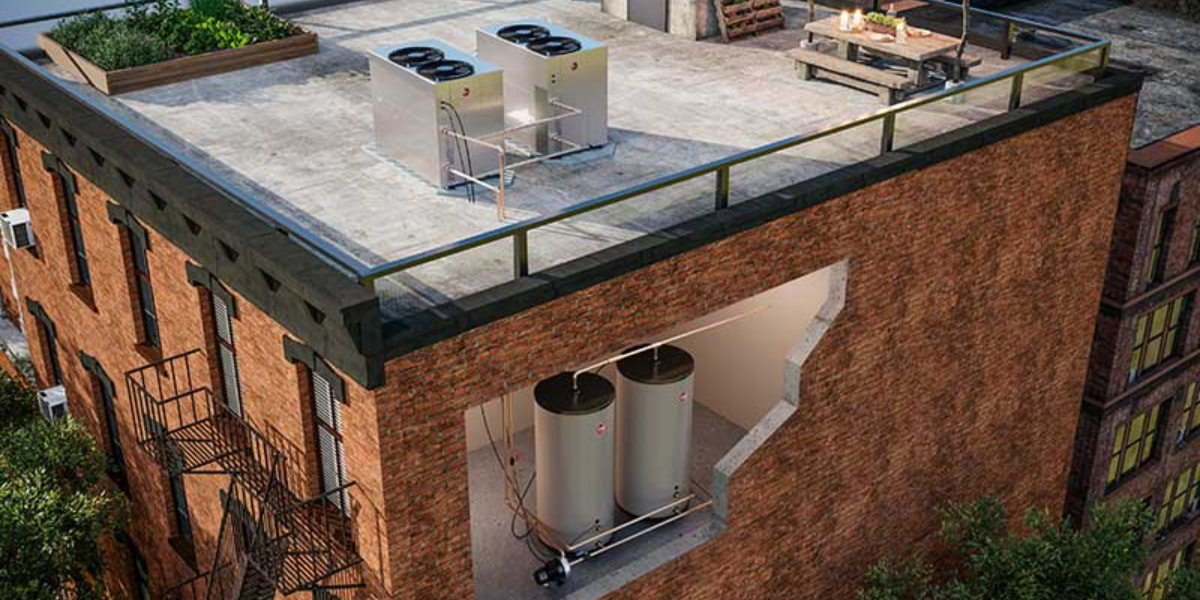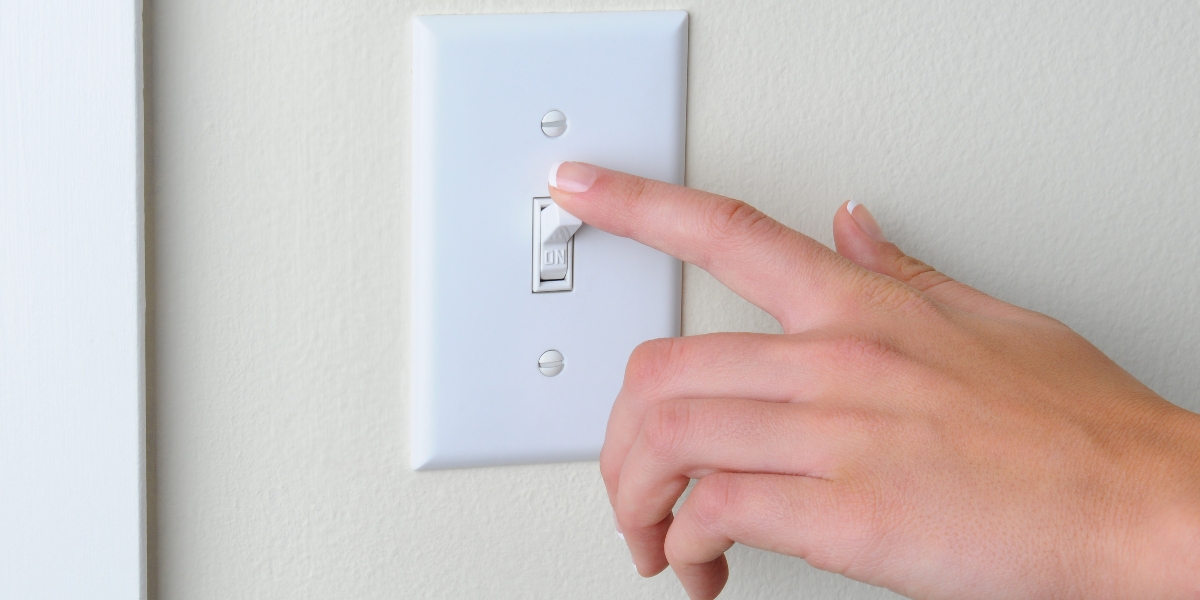Examining the energy-water nexus: How can we scale up efforts to meet the critical need for efficiency in water infrastructure and end uses?
Let's Save Energy
Alliance to Save Energy's Blog

Ramola Musante, Division Vice President of Government Relations at Ecolab, and Chairwoman of the Alliance’s Energy-Water Nexus Subcommittee, led a high-level panel discussion on the energy-water nexus – the interconnection between energy and water – exploring policies and projects that have the potential to advance energy efficiency and water infrastructure system efficiency. The panel took place at the Energy Efficiency Global Forum 2016, on May 11-12 in Washington, D.C.
Speakers representing the public, private and utility sectors provided insight on this critical topic and left attendees with major takeaways – including the need for a greater emphasis on the energy-water nexus, strategies for increased education and engagement from all decision-makers and the importance of collaboration between these stakeholders.
Musante opened the session by discussing Ecolab, a global water, hygiene and energy technologies and services provider to the food, energy, healthcare, industrial and hospitality markets. She noted the important work that Ecolab is doing, including promoting safe food and a cleaner environment, and optimizing water and energy services and improving operational energy efficiency in the industrial sector. Before turning her time over to the panelists, she added that breaking down silos between the energy and water sectors will be necessary in order to achieve energy savings and the correlating benefits.
Ron Voglewede, Global Sustainability Director at Whirlpool Corporation, offered several fascinating statistics about water use, noting that Whirlpool clothes washers now use 70 percent less energy and 43 percent less water than they did in 1992. Voglewede noted that appliance and equipment manufacturers have already achieved tremendous gains in product efficiency, and are now turning their attention to behavior change and monetary incentives for the purchase of energy and water saving appliances. Voglewede concluded by noting that an opportunity exists for stakeholders to energize and engage consumers around the energy-water nexus issue – just as they have been energizing and engaging consumers around energy efficiency for years.
Bill Varley, President of New Jersey American Water and SVP of the Northeast Division of American Water, spoke from the perspective of water utilities, providing illuminating statistics about water waste. Varley noted that over 25 percent of all water produced is lost due to leaks in water infrastructure, and replacement rates for pipes and wells are, on average, only once in 250 years. He explained that American Water is addressing these issues through a two-pronged approach that includes upgrading infrastructure and developing and implementing innovations that can drastically reduce water loss and energy consumption.
Rob Ivester, Deputy Director of the Advanced Manufacturing Office at the Department of Energy (DOE) expanded on water usage and waste issues, noting that the U.S. uses around 400 billion gallons of water per day – with around half being used for electricity generation. He echoed a sentiment shared by nearly all panelists: that in order to address this massive consumption issue, there must be greater stakeholder collaboration.
S. Raghupathy, Executive Director and Head of CII-Sohrabji Goodrej Green Business Centre, rounded out the panel by discussing efforts in India to advance water- and energy-saving “green buildings” in order to ameliorate massive water scarcity issues. He noted that the country now has more than 3,600 green buildings, which achieve more than 30 and 40 percent water savings with zero discharge of water in platinum certified buildings.
Finally, during the Q&A session, Musante and Ivester both noted that DOE is investigating all areas touched by the energy-water nexus in order to ensure that the federal government is working appropriately to coordinate efforts across all sectors. Additionally, panelists agreed that public-private partnerships – partnerships between public agencies and private companies – can be instrumental in advancing projects that will drive water savings in industrial processes and consumer end use.
* The Energy Efficiency Global Forum 2016 was held on May 11-12, in Washington D.C. Click here to read a summary of all sessions.
RECENT BLOG POSTS
STAY EMPOWERED
Help the Alliance advocate for policies to use energy more efficiently – supporting job creation, reduced emissions, and lower costs. Contact your member of Congress.
Energy efficiency is smart, nonpartisan, and practical. So are we. Our strength comes from an unparalleled group of Alliance Associates working collaboratively under the Alliance umbrella to pave the way for energy efficiency gains.
The power of efficiency is in your hands. Supporting the Alliance means supporting a vision for using energy more productively to achieve economic growth, a cleaner environment, and greater energy security, affordability, and reliability.



